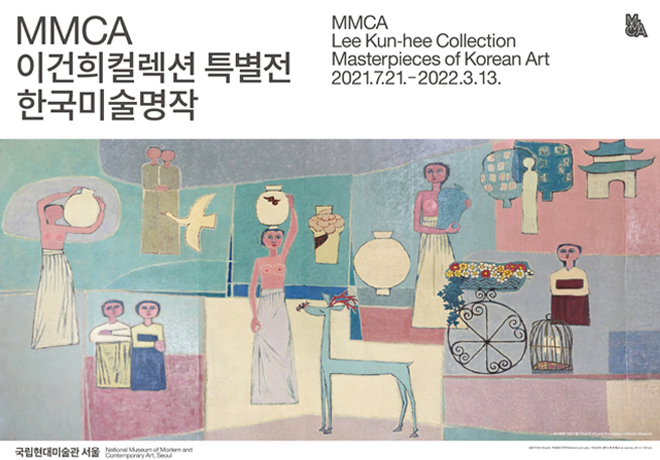Now in its third edition, 2019 Asian Film and Video Art Forum (AFVAF) focuses on the fundamental question: what is an artist? At the same time, the forum focuses on the meaningful changes brought by artistic action and participation by non-artists, artworks produced for public purposes, and artistic activity based on collaboration or collective systems. At the heart of these changes are narcissism and the desire to share, enabled by social media, and the huge trend of the “age of image consumption,” operating in collusion with the capital that dominates the online ecosystem. Amid this trend, we are faced with a need to deconstruct the meanings of our social relationships as artists with individual artistic activities and intellectual property rights, discern the ambiguous boundaries between art and ethics, and deconstruct the meaning of completed works as objects of evaluation.
2019 AFVAF aims to introduce the thoughts and working processes of people contemplating and recording a specific topic, rather than presenting films or videos as objects of aesthetic criticism. To this end, we have developed a program based on research of various themes related to cultural phenomena including artistic activity, and run a workshop project combining research and creation.
This year's program consists of three sections: Research and Lectures, Workshop Projects, and a Screening Program. In the Research and Lectures section, David Teh, Raqs Media Collective and Im Cheol-min & Kim Sangsook each present the outcomes of research of their respective themes. David Teh discusses the sovereignty of artists in political and historical contexts, examining issues of copyright that emerge amid cultural and technological change. Raqs Media Collective talks about the meaning of collaborative artworks based on its members' experiences as both artists and curators taking part in exhibitions. Im Cheol-min & Kim Sangsook address the characteristics of media that are appearing through live streaming and the changes brought to the world of perception by network technology. In addition to the study projects planned as part of the Research and Lectures program, Professor Oh Junho delivers a lecture on the origins of Educational Films and historical background of this genre in Korea, subjects of his long-term study.
The Workshop Project was conducted by Korea's Space Cell, Indonesia's Forum Lenteng, The Philippines' Los Otros and Vietnam's Hanoi DocLab. Taking “capital” as their common keyword, the four teams produced video works as a means of studying and interpreting capital within the environments and historicities of their respective regions. The videos made by the participants, who number some 40 individuals in total, are not artistic outcomes but records that reveal their thoughts, attitudes and research process regarding capital. Representatives from each team will present the outcomes of their research processes and discussions at a forum, while research materials and videos uploaded by all the participants will be made public on a separate website.
The Screening Program section will feature a selection of works recalling the themes addressed in the Workshop Project and Research & Lecture sections. David Teh, who contributed to the Research and Lectures section, curates two screening programs related to sovereign authorship, the theme of his research. The works he has chosen are entwined with complex political histories such as that of imperialism and royal authority in Cameroon, Indonesia in the process of postcolonialization, and the history of the Malayan Communist Party. The program also includes a work by Tamar Guimarães, a slide-projected installation with voice-over about Brazilian psychic and photographer Francisco Cândido Xavier.
Though the civil revolutions that began with the Arab Spring of 2011 have failed and the Middle East is now even deeper in chaos, here we screen Our Terrible Country and Silvered Water, Syria Self-Portrait, two documentaries that show scenes from the Syrian civil war in different ways. These two works confirm the ongoing need for films that expose or bring us face to face with acts committed in a world of endless brutality. Also featured in the exhibition are films of Kim Kyungman, who has worked since the early 2000s to reconstitute documentary footage revealing embarrassing aspects of South Korea's modern history. Meanwhile, Lee Hangjun's Why Does Wind Blow is a single-channel split-screen installation work put together from educational films made in Korea and overseas from the late 1960s to the mid-1970s.
Dominic Gagnon's Going South, compiled from a collection of videos floating around the internet on YouTube and other platforms, shows us the present of self-filming adventurers transforming into scenes of strange existence within the frame of social media. Roh Young Mee's short films gather bits of data floating around the internet to create animated fables akin to computer game images, while those of Song Min Jung link corners of our everyday lives to the virtual world within the web framework by borrowing signs and patterns that dominate daily life such as advertising videos and social platform styles. In these works, the images and signs that float around the internet, governing our lives, become strange and unfamiliar worlds.
Meanwhile, film footages from the past, made for specific purposes but discarded after use, conveys to us different sensations to the selfies indiscriminately produced and consumed by so many people today. Film Restoration Digitization presents 19 digitally restored ideological and scientific educational films made for elementary school students in Korea in the 1970s.
2019 AFVAF's opening film is Nguyen Trinh Thi's Fifth Cinema, a work that juxtaposes a text by Maori filmmaker Barry Barclay with photographs containing the hidden scars of colonialism and the Vietnam War, and contemporary space in which a young girl, the artist's daughter, moves. The work speaks of a fifth cinema that is yet to come, transcending the limits of film that leaves out isolated elements on the periphery, such as aboriginal languages, and presenting new topographies.
Kim Eunhee
Curator, National Museum of Modern and Contemporary Art, Korea
* About 600 video clips made by the teams that participated in the workshop project can be viewed on www.afvaf.com.
